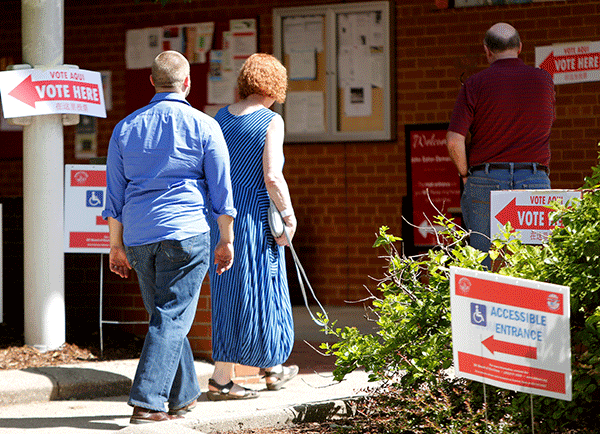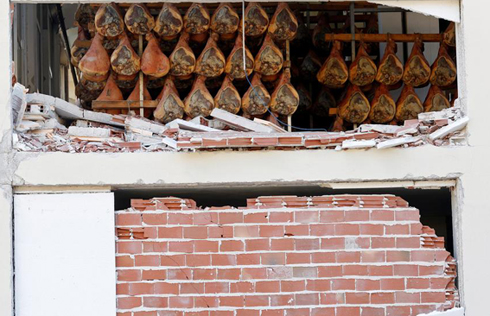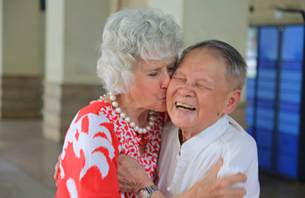Freedom or 'fool's errand'? D.C. to vote on statehood referendum
 |
|
District of Columbia voters head to the polls in the final 2016 US Democratic primary in Washington, DC, US, June 14, 2016.[Photo/Agencies] |
The new state would embrace the current 68-square-mile (176-square-km) district except for a core of federal property around the White House, Capitol and monument-rich National Mall.
The District Council approved the referendum unanimously, and a Washington Post poll in November 2015 showed 67 percent of residents backed statehood. The Democratic Party's national platform also supports the idea.
"If you're not part of a state, large parts of the constitution don't apply to you," said statehood advocate Ann Loikow.
Mayor Muriel Bowser and other statehood backers took the vote's design from the successful bid in the 1790s by Tennessee, then a federal territory, to become a state through a referendum and petition to Congress.
Supporters and skeptics say that even if the referendum passes it would face a dead end in Congress, where Republicans would oppose statehood since it would add Democratic senators and a representative to Congress.
Besides the political obstacles, Roger Pilon, a constitutional scholar at the libertarian Cato Institute, called the statehood quest a "fool's errand" because of constitutional obstacles.
For the District to become a state, Congress would have to propose an amendment to the Constitution, which would then have to win a two-thirds majority vote in both the Senate and the House.
Even if an amendment could win approval in both houses of Congress, it would face another big hurdle: approval by the legislatures of at least three-fourths of the 50 states.
Washingtonians have tried to achieve statehood before, but never by an up-or-down referendum. Congress ignored a statehood petition that included a constitution voters ratified in the 1980s.
The House of Representatives rejected a statehood bill in 1993, and it failed to reach a Senate vote. A constitutional amendment for voting rights in Congress fizzled in the 1980s.
- Governance Experience of Washington D.C.: Coordinated Governance through Authorization of Powers —A Study on MWCOG Model(No 27, 2016)
- Independence Day parade held in Washington D.C.
- Snow blankets Washington D.C. in potentially record-breaking storm
- Chinese film retrospective to kick off in Washington D.C.
- 1 shot, 1 stabbed in Washington D.C.


















